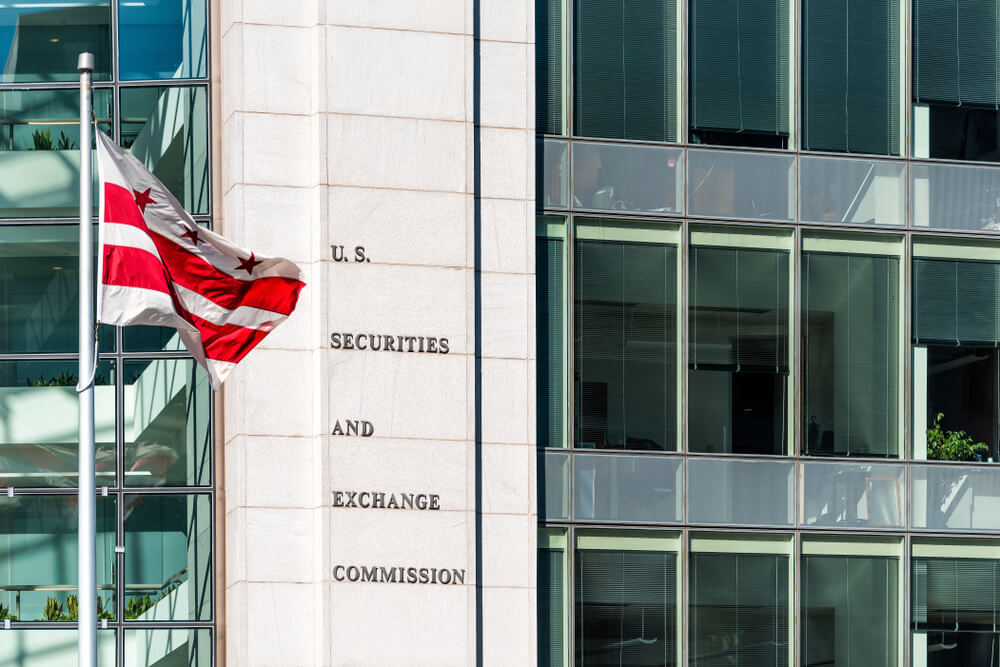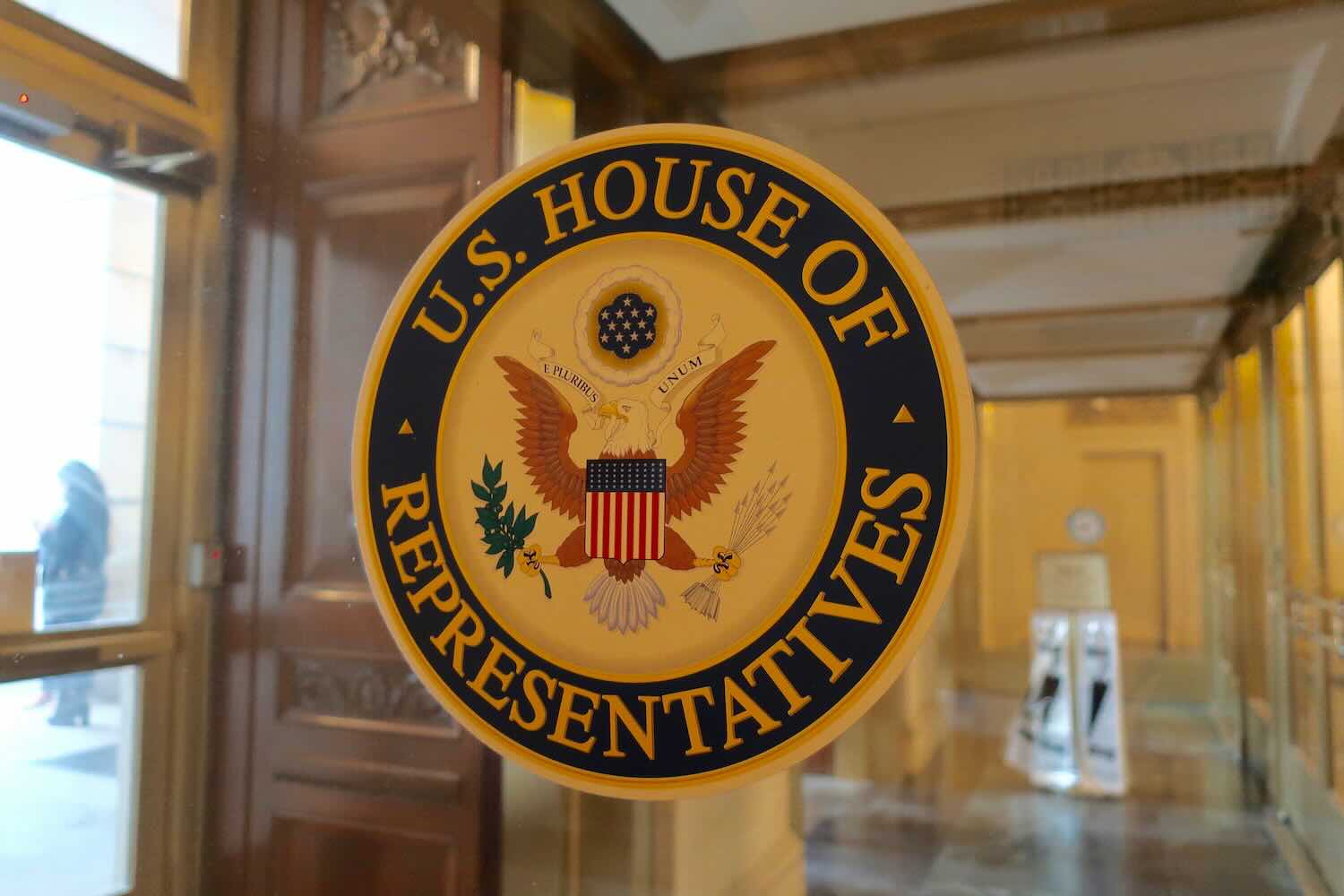ImpactAlpha, Mar. 7 – First Europe. Then California. And now, the US Securities and Exchange Commission.
The SEC on Wednesday enacted long-awaited rules requiring companies to disclose their climate risks to investors, strengthening an emerging global regulatory regime that is making greenhouse gas emissions a material consideration for companies and investors.
As had been expected, the SEC’s final rules, even at 900 pages, were more limited than the preliminary version championed by many climate activists. Activists were especially critical of the omission of reporting requirements for so-called Scope 3 emissions, that is, greenhouse gases produced by supply chain partners, customers, or borrowers for which a company is responsible, even if indirectly.
Still, the rules were widely applauded as a big and necessary step toward accounting for both climate risks and actual emissions. More than 3,000 domestic and foreign companies will be required to report the financial costs they expect in their transitions away from fossil fuels and their physical risks from storms, drought, heat and other effects of global warming.
“Consistent, comparable information on physical and transition climate-related risks is vital to decision-making around strategy and investments,” said Ceres’ Mindy Lubber in a statement. “The SEC’s new rule will now mandate the disclosure of that information.”
Lobbying and legal challenges
Corporations and the US Chamber of Commerce had lobbied furiously against many of the disclosure requirements and even the weakened rules will face legal challenges. West Virginia Attorney General Patrick Morrisey quickly said at least 10 states would challenge the rules in the U.S. Court of Appeals in Atlanta.
The U.S. Impact Investing Alliance advised that “Investor advocates should also expect an attempt to nullify the rule through Congress via an anticipated Congressional Review Act challenge, which President Biden would likely veto if passed.”
On the other side, groups like the Sierra Club and Earthjustice are considering legal challenges of their own for the removal of key provisions.
SEC Chairman Gary Gensler said the commission took pains to stay within its legal authority and to not take sides in contentious debates over strategies to limit global warming.
“You could use this disclosure to go short green or long green,” Gensler told reporters. “It’s just disclosure. We are completely neutral.”
The corporate lobbying campaign was successful in blocking the inclusion in the reporting requirement of Scope 3 emissions. For many companies, Scope 3 emissions constitute the majority of their emissions – think, for example, of the emissions from gasoline produced by oil companies that is later burned in millions of car owners’ vehicles. For most companies those emissions are 11 times larger than the direct Scope 1 and energy-related Scope 2 emissions.
California’s landmark climate disclosure law, signed last year, mandates Scope 3 reporting, though the rules have been challenged in court and budget cuts have delayed implementation (see, “California kicks off the era of mandatory climate disclosure”).
“While a positive step, this rule falls significantly short of what’s needed,” the Sierra Club’s Ben Jealous said in a statement. “Allowing companies to continue hiding a full accounting of their climate pollution keeps investors, including the Sierra Club and our members, in the dark.
On a call with reporters after the rule was released, Ceres’ Lubber said the group expects to try to reintroduce Scope 3 emissions next year.
Beyond disclosure
Disclosure of emissions and climate-related risks, of course, is only useful if companies and investors can use the data to set strategies and make decisions.
For that, the SEC rules may be just strong enough to support the development of true climate accounting on par with generally accepted accounting standards for financial reporting, said Alicia Seiger of Stanford’s Steyer-Taylor Center for Energy Policy and Finance.
“This rule is a long-sought and hard-fought victory for investors seeking better climate-related financial information,” Seiger said. “It really leaves the door open and paves the way for a real accounting system.”
Every indirect Scope 3 emission, after all, is somebody else’s direct Scope 1 emission. Accurate accounting for Scope 1 emissions, plugged into algorithms like those developed by the E-Liability Institute, can arguably account for all emissions.
“Because of the fundamental accounting principle to count everything, only once, Scope 1 emissions are the only emissions that count,” she said. “It starts where the emissions are, at the beginning of the supply chain, and as that emissions information is passed through a supply chain as goods and services are transacted, along with price, you have your emissions.”
“So, you’re getting upstream Scope 3. You’re just getting it through an accounting system that is adding up all the Scope 1s.”
NYU’s Alison Taylor, author of “Higher Ground: How Business Can Do the Right Thing in a Turbulent World,” added that Scope 3 regulations could have favored big companies able to manage the complex reporting requirements. “We turn this into a compliance problem. We give everybody an excuse to take another 10 years trying to calculate this to the last decimal,” Taylor told ImpactAlpha.
Still, companies that want to lead, and those in particular industries, like fossil fuels, should face an expectation that they disclose their Scope 3 emissions, she said. Regulations adopted in the European Union as well as California, are stricter than the ones passed by the SEC.
“We should not consider regulation to be a magic bullet,” Taylor said. “I don’t think disclosure drives the kind of accountability people think it does.”
Maria Lettini of US SIF: Sustainable Investment Forum said that despite the SEC’s revisions, “Companies will remain responsible to report material information to their investors.”
“Simply put, this rule will help investors assess climate risks more accurately,” she said. “This rule is a floor, not a ceiling.”












